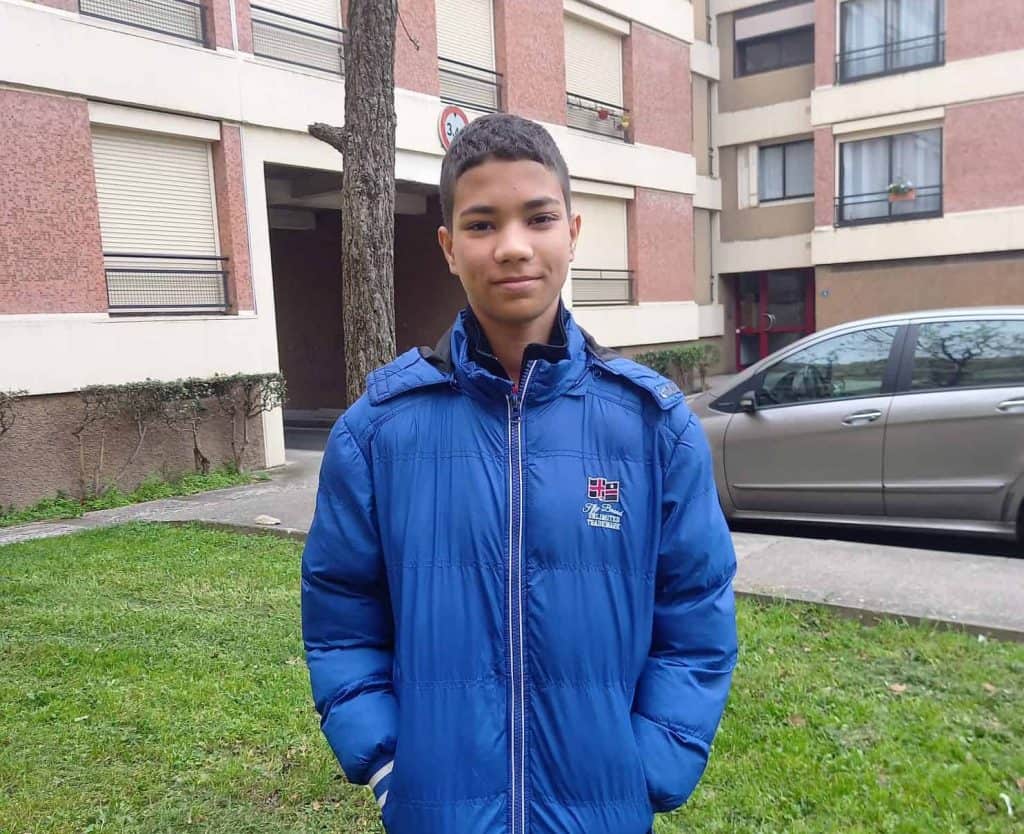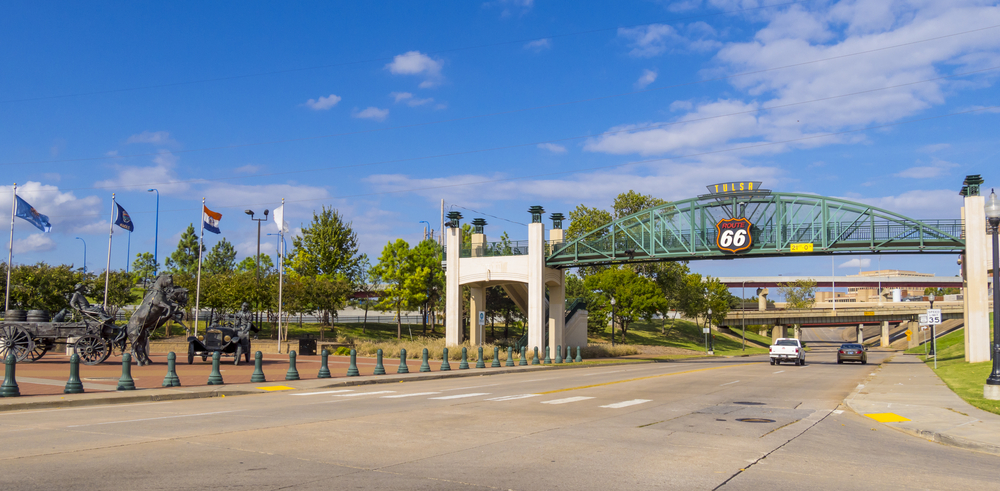In 2004, Maxence Arcy moved with his family to Bellefontaine, a poor suburb of the French city of Toulouse. Limited by what he could afford, the father of six bought a place on a sprawling housing estate in the neighborhood which had catchment schools with the worst educational record in the region.
“At the time, there were only Mahgrebians and Africans living on the estate and going to these schools,” says Arcy, who originally migrated from Morocco in search of work in 1984. “It was a kind of segregation in the 21st century.”
But in January 2017, local authorities closed those schools in France’s fourth biggest city and instead bussed the 1,140 affected pupils to high-achieving facilities in the prosperous downtown in an attempt to write a new chapter of education equality.
The theory, according to Georges Méric, president of the Haute-Garonne region that includes Toulouse, was that a “rising tide lifts all boats.” Put another way, by inserting the students from Bellefontaine and two other suburbs, La Reynerie and Mirail, into schools of proven success, social determinism would be countered and all children would benefit.
“There are districts in Toulouse with 90 or 95 percent immigrant populations,” says Méric, who helped develop the scheme. “They are very poor and opportunities are hard to come by. But the young children living there have the right to success in life.”
Weighed down by negative news?
Our smart, bright, weekly newsletter is the uplift you’ve been looking for.Under Méric’s €56 million project, buses take the pupils — aged 11 to 15 — to nearly a dozen different schools in the city center in journeys that take less than an hour. The school principals and teachers are supported by six “social mix masters” who help facilitate logistics such as transport and tackle any problems that arise, such as dealing with parent concerns.
Five years on, the test results have been noteworthy. Before the bus scheme began, the drop-out rate for students living on the three estates after taking the Brevet — France’s national diploma for 15-year-olds — was almost 50 percent. That rate has now fallen to less than six percent and grades have risen by nearly 15 percent on average. Some 94 percent of pupils have stayed in the same school, calming fears that the scheme would lead wealthier families to move their children into the private sector.
“The welcoming colleges had a very good academic level already, that was important,” says Méric. “It’s worked very well. There has not been segregation in them and it’s promoting the wider acceptance of diversity across the city.” (Middle school is the U.S. equivalent of what is called college in France.)

Eduardo Mosqueda, a professor who specializes in access to education at the University of California, Santa Cruz, acknowledges the successes of the Toulouse project. But, he says, consideration must be given to the amount of funding it requires.
“I can’t help to wonder what the differences are in resources [that were] available to students in Bellefontaine compared to students in the schools where they are being bussed in terms of quality curriculum and adequately prepared teachers,” he says. “If the project to bus students costs €56 million, how much would student achievement improve if that money was invested into improving the schools that were closed?”
Even so, despite their poor academic performance, the Bellefontaine schools already had a high student to teacher ratio of around four to one, which came at a significant cost.
Mosqueda also believes bussing might lead to added pressures on pupils. “Students that are bussed are also in new school environments where it may be difficult to integrate given the racial, income, cultural and linguistic differences,” he says.
Yet Maxence Arcy’s 13-year-old son, Adam, who switched from a Bellefontaine school to one in Saint Aubin, has had few issues to date. “There’s a bus that comes to pick him up 200 meters from our house,” says Arcy. “He’s mixing with other students. He’s happy, he has improved his grades. He wants to be an engineer.”
For Arcy, the initiative is a textbook example of how to improve social diversity and the opportunities of future generations. “We were always for the project,” he says. “We wanted our child to see other nationalities and cultures. We were just concerned about the distance to the new school, but the bus works well.”

One crucial learning from the scheme has been the need for extensive dialogue between all parties involved. As many as 80 meetings, including 50 public meetings, were held before the bussing project was launched, helping address the concerns of those who voiced opposition to the project.
The latter included parents worried about the distances the children would have to travel and a handful of teachers who were resistant enough to the idea of changes in the student makeup that they went on strike to try and prevent it.
“It wasn’t comfortable at the beginning,” says Méric. “There was resistance both through administration and the local level. But we listened to their concerns.”
These lessons could be invaluable, according to Malika Baadoud, director of L’École et Nous, a Bellefontaine-based parents association, given that schooling segregation is present across France and other countries. Often resulting from societal divides, she says, it has led to high dropout rates, school violence, racism and teacher burnout. “In certain areas of France, social and racial diversity simply doesn’t exist,” says Baadoud, who has held her role since 2003 and was last year awarded the prestigious National Order of Merit for her work.
One of the initial concerns for parents whose children were set to be bussed further afield, according to Baadoud, was the fact that many families don’t own cars. But that was resolved by providing parents with free bus passes to travel from the estates to the schools to meet their children. “Slowly it was proved that all of these fears were unfounded,” says Baadoud. “They know it’s an opportunity for their children. It’s something that is unprecedented.”
The project is here to stay. Already this year two new schools have been built away from the estates’ traditional catchment areas in other, more privileged parts of Toulouse to ensure permanent social mixing in the classrooms and promote a more diverse staff.
Encouraged by the results, several other cities and towns across France are now studying ways to launch their own bussing initiatives, according to Méric, with the Ministry of National Education helping to coordinate.
“Others have contacted us — regional departments and ministerial officials have come to see us,” he says. “I hope the scheme multiplies.”









